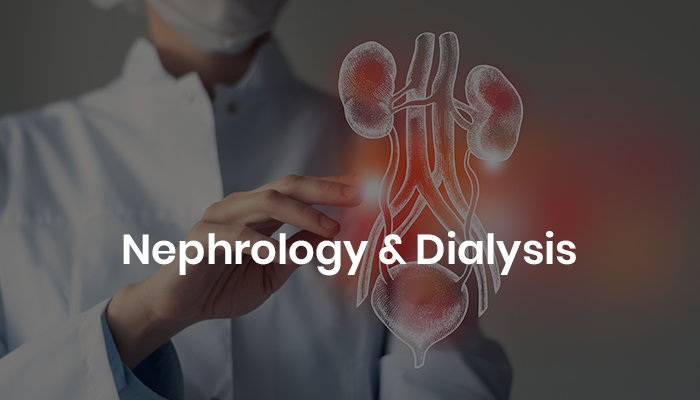
Expert Kidney Care at Optimus Multispecialty Hospital
Nephrology &Dialysis Treatment in Gurgaon
Kidneys play a vital role in filtering toxins, balancing electrolytes, regulating blood
pressure, and maintaining overall fluid balance. Dysfunction in the kidneys can lead to
serious health complications including toxin accumulation, fluid overload, high blood
pressure, and multi-organ effects.
A Kidney Doctor in Gurgaon specializes in diagnosing, managing, and preventing
kidney-related diseases while guiding patients through treatments such as dialysis and
transplantation.
